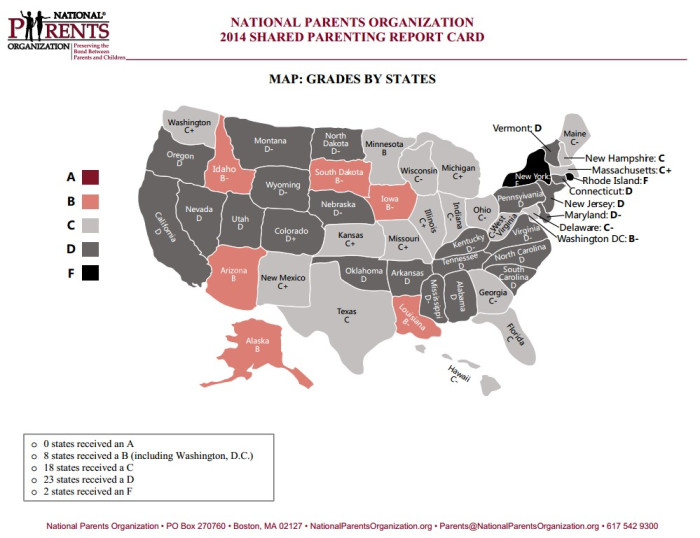There is an extensive debate about the “right” custody policies and practices in courts and the research evidence for and against various shared parenting plans. Much of the focus of the dispute is in regards to the evidence regarding overnight stays for young children in non-custodial parent homes. Articles by Nielsen and Warshak make make strong critiques of the work by McIntosh that has highlighted possible negative outcomes for young children in these arrangements. McIntosh and colleagues also present their own analysis of the evidence. In their editorial statement for Family Court Review, Emery and Schepard note that there is not yet a consensus on all policy matters, but there are some areas of agreement.
See these articles for a deeper analysis of these issues.
Braver, S. L. (2014). The costs and pitfalls of individualizing decisions and incentivizing conflict: A comment on AFCC’s think tank report on shared parenting. Family Court Review, 52(2), 175-180. doi:
Brinig, M. F., Frederick, L. M., & Drozd, L. M. (2014). Perspectives on joint custody presumptions as applied to domestic violence cases. Family Court Review, 52(2), 271-281. doi:
DiFonzo, J. H. (2014). From the rule of one to shared parenting: Custody presumptions in law and policy. Family Court Review, 52(2), 213-239. doi:
Emery, R. E., & Schepard, A. (2014). April 2014. Family Court Review, 52(2), 143-144. doi:
Jaffe, P. (2014). A presumption against shared parenting for family court litigants. Family Court Review, 52(2), 187-192. doi:
Lamb, M. E. (2014). Dangers associated with the avoidance of evidence-based practice. Family Court Review, 52(2), 193-197. doi:
McIntosh, J. E., Pruett, M. K., & Kelly, J. B. (2014). Parental separation and overnight care of young children, part II: Putting theory into practice. Family Court Review, 52(2), 256-262. doi:
Miller, S. (2014). Judicial discretion and the voice of the child in resolving custody disputes: Comments on the think tank report. Family Court Review, 52(2), 198-199. doi:
Nielsen, L. (2013). Shared residential custody: Review of the research (part I of II). American Journal of Family Law, 27(1), 61-71.
Nielsen, L. (2013). Shared residential custody: Review of the research (part II of II). American Journal of Family Law, 27(2), 123-137.
Nielsen, L. (2014). Woozles: Their role in custody law reform, parenting plans, and family court. Psychology, Public Policy, and Law, 20(2), 164-180. doi:http://dx.doi.org/10.1037/law0000004
Pruett, M. K., & DiFonzo, J. H. (2014). Advancing the shared parenting debate, one step at a time: Responses to the commentaries. Family Court Review, 52(2), 207-212. doi:
Pruett, M. K., & DiFonzo, J. H. (2014). Closing the gap: Research, policy, practice, and shared parenting. Family Court Review, 52(2), 152-174. doi:
Pruett, M. K., McIntosh, J. E., & Kelly, J. B. (2014). Parental separation and overnight care of young children, part I: Consensus through theoretical and empirical integration. Family Court Review, 52(2), 240-255. doi:
Salem, P., & Shienvold, A. T. (2014). Closing the gap without getting to yes: Staying with the shared parenting debate. Family Court Review, 52(2), 145-151. doi:
Scott, E. S. (2014). Planning for children and resolving custodial disputes: A comment on the think tank report. Family Court Review, 52(2),. doi:
Ver Steegh, N., & Gould-Saltman, H. D. (2014). Joint legal custody presumptions: A troubling legal shortcut. Family Court Review, 52(2), 263-270. doi:
Warshak, R. A. (2014). Social science and parenting plans for young children: A consensus report. Psychology, Public Policy, and Law, 20(1), 46-67. doi:http://dx.doi.org/10.1037/law0000005
